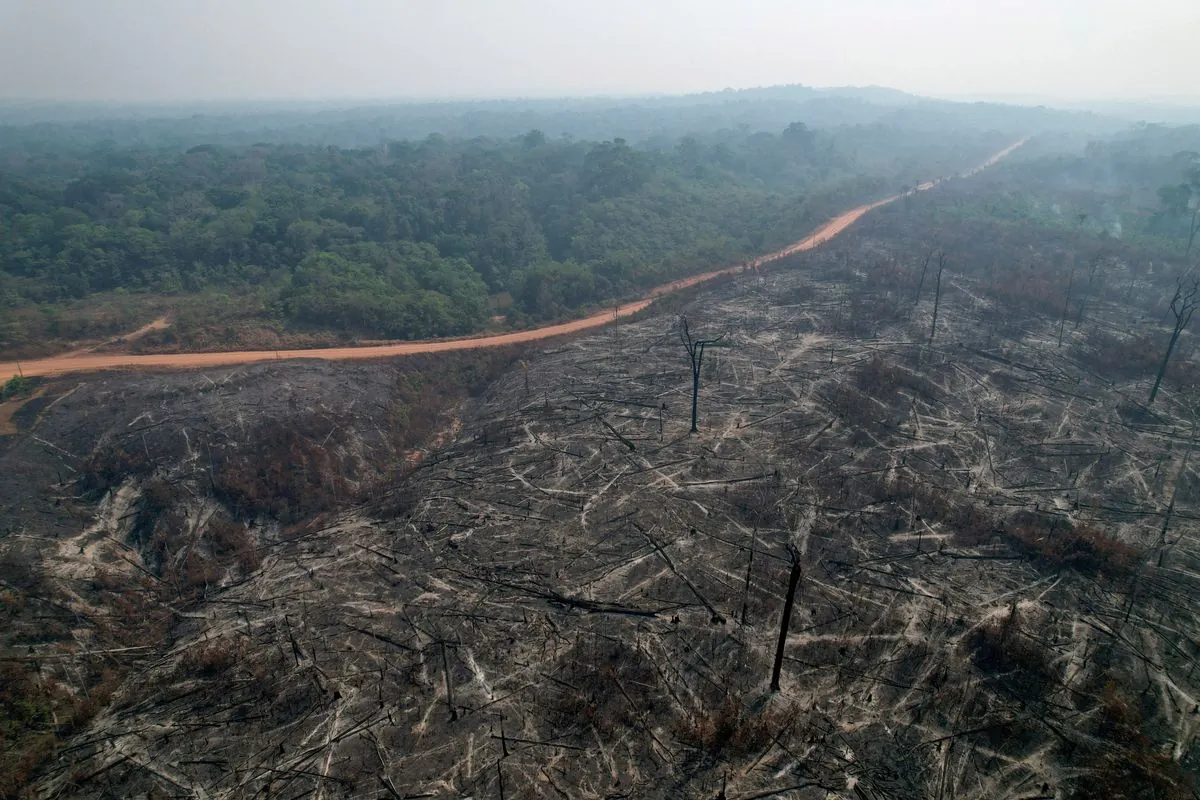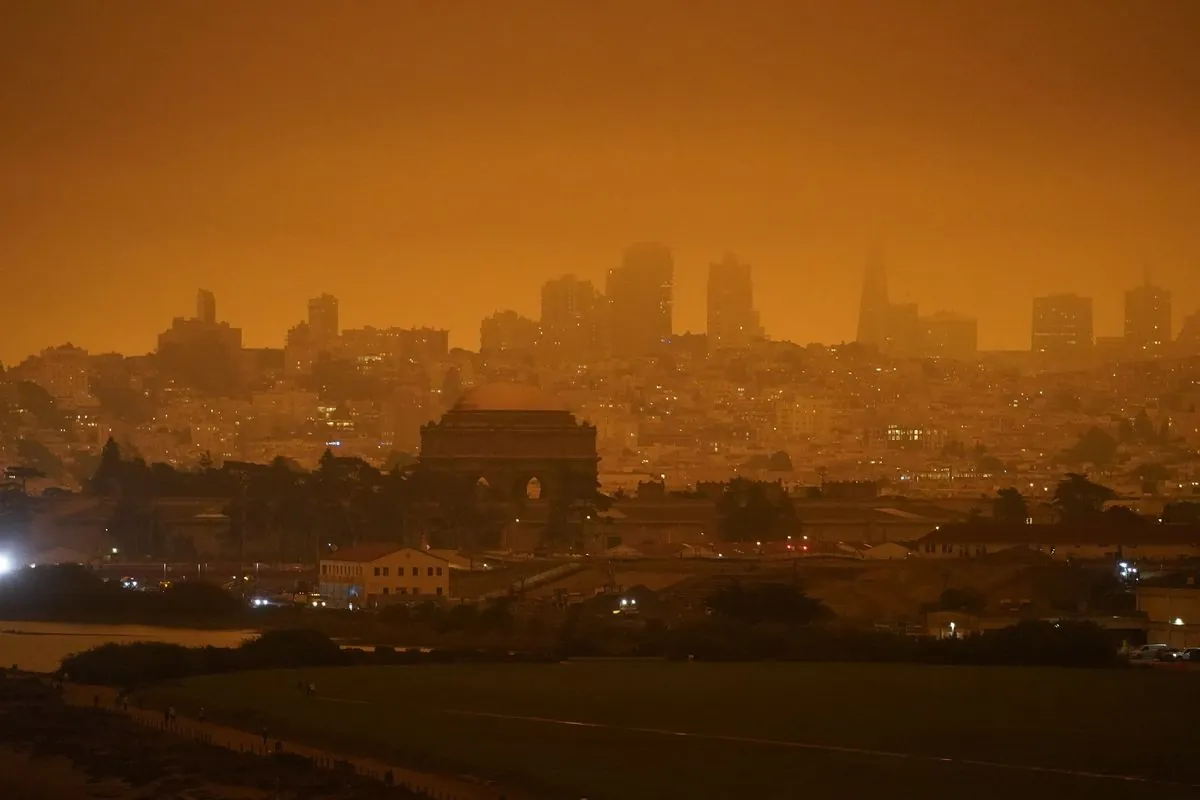Sao Paulo State Battles Widespread Wildfires, Two Casualties Reported
Wildfires engulf 30 cities in Sao Paulo state, Brazil, causing two fatalities and industrial disruptions. Dry conditions and winds fuel rapid spread, impacting highways and air quality in the region.

In a concerning development, Sao Paulo state, Brazil's economic powerhouse, is grappling with extensive wildfires affecting 30 cities as of August 22, 2024. The state government has reported two fatalities at an industrial facility in Urupes, where employees were attempting to control the flames.
The fires, exacerbated by arid and warm conditions, have prompted authorities to establish an emergency committee. Officials caution that strong winds could accelerate the spread of forest fires, potentially devastating large areas of natural vegetation.
While the fires have not directly reached Sao Paulo city, Brazil's most populous urban center with over 11 million inhabitants, residents have observed smoke obscuring parts of the skyline. This situation highlights the far-reaching impacts of the wildfires on air quality and visibility in the region.

The wildfire crisis has also disrupted industrial operations. Raizen, the global leader in sugarcane processing, announced the suspension of activities at its Sertaozinho plant since August 21, 2024, due to fires in surrounding sugarcane fields. This interruption underscores the significant role of the sugarcane industry in Brazil's economy, as the country is the world's largest producer of this crop.
Transportation infrastructure has been severely affected, with approximately 15 highways either fully or partially obstructed by the fires. This disruption to Sao Paulo state's intricate highway network poses challenges for both emergency response efforts and everyday travel.
The current wildfire situation is part of a broader pattern of environmental concerns in Brazil. The country's fire season typically peaks in August and September, coinciding with the dry season from July to October. However, 2024 has seen an unusually early onset of wildfires in the Pantanal, the world's largest tropical wetland, beginning in late May. Additionally, July 2024 witnessed a two-decade high in the number of fires in the Amazon rainforest, which plays a crucial role in global climate regulation.
These events occur against the backdrop of ongoing international pressure on Brazil to address deforestation and wildfire issues, particularly in the Amazon region, which comprises about 60% of the country's territory. The situation in Sao Paulo state serves as a stark reminder of the complex interplay between climate change, land use practices, and fire management strategies.
As the state continues to battle these wildfires, the incident underscores the need for comprehensive approaches to fire prevention and management, especially in a country known for its diverse ecosystems and economic reliance on agriculture and natural resources.


































